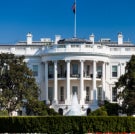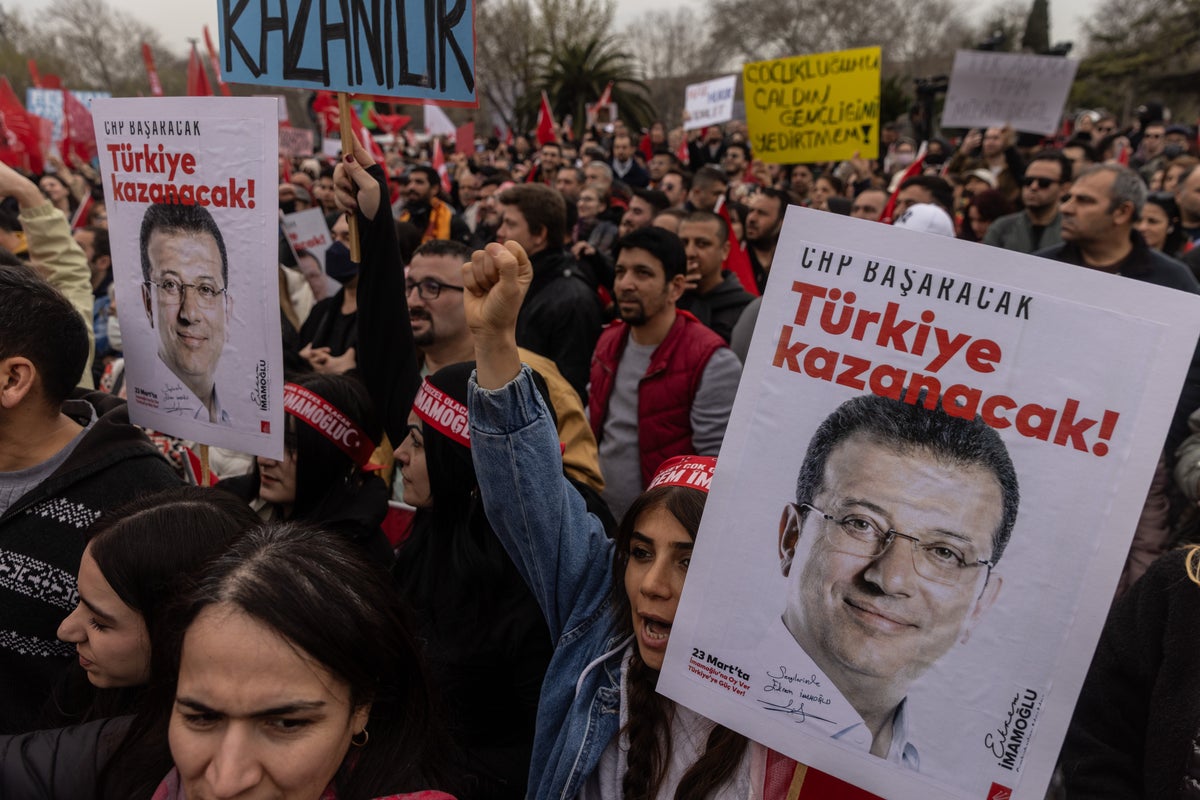Tim Davie will “look at all options” after it emerged Huw Edwards received £200,000 of his bumper salary some five months after arrest for “serious offences”.
The BBC’s director general has come under mounting pressure with Culture Secretary Lisa Nandy joining a chorus of voices on Friday calling for Edwards to return the taxpayer funded sum.
Edwards was paid after he was arrested in November while he was suspended by the broadcaster up until he resigned in April on medical advice.
On Wednesday, the 62-year-old BBC veteran pleaded guilty to three counts of making indecent images of children.
The BBC was subsequently criticised after it was revealed the disgraced news anchor also received an additional £40,000 pay rise in addition to his six-figure pay packet.
The pay increase was granted to Edwards during the time he was mostly off-air.
Ms Nandy has since called for Edwards return his salary after being convicted of child porn offences.
“I think he ought to return his salary. I think having been arrested on such serious charges all the way back in November, to continue to receive that salary all the way through until he resigned is wrong and it’s not a good use of taxpayers’ money.
“I think most people in the country will agree with that but whether he does that or not is up to him.”
Her remarks come after Mr Davie, in an interview for BBC News on Thursday, said: “When it comes to pay, again, [it’s] legally challenging [to recover], but we’ll look at all options.
Adding: “We were very shocked, no one knew about the specifics.”
When questioned whether Edwards’ would still receive his pension, Mr Davie said it was “very difficult to claw back, nigh on impossible”, adding: “These are unfortunately the specifics of how it works.”
The BBC is in a dubious position as it was also revealed executives were made aware of the arrest in November after The Metropolitan Police confirmed it had notified the BBC in “strict confidence”.
Questions over why the BBC failed to immediately sack Edwards after news of his arrest and why he continued to be paid – as the highest-paid newsreader at the corporation – has arisen following his guilty plea in court on Wednesday.
Ex-BBC royal correspondent Nicholas Witchell said his former colleague’s behaviour was ‘utterly deplorable’ urging that he should hand back the excessive earnings received following his arrest.
Speaking on Edwards for Mail Online, he added: “’He would have known then that the game was up. Instead he put the BBC in an impossible position as it tried to discharge its duty of care towards him.
“The very least he should do now, if he has a shred of decency, is to repay the money the BBC has paid him since his arrest.”
Witchell shared intimate details of the time they worked together divulging that he had spent “many hours” with Edwards on the broadcast day of the late Queen’s death.
His view of the disgraced presenter has now transformed: “I regarded him as a friend and expressed sympathy for him in July of last year. I now think his behaviour is utterly deplorable.”
Should Edwards legally have received his pay following an arrest?
According to leading employment law experts, if employees are suspended they can generally expect to be paid for the period of that suspension.
Therefore, the employer would need to have something built into the contract/disciplinary policy to suspend an employee without pay in special circumstances.
Or it would need to be agreed with the employee that they would receive pay. It is more typical for a dismissal to occur if an employee gets arrested meaning that the employer’s pay obligations terminate on the date of the employment ending.
Source: independent.co.uk



